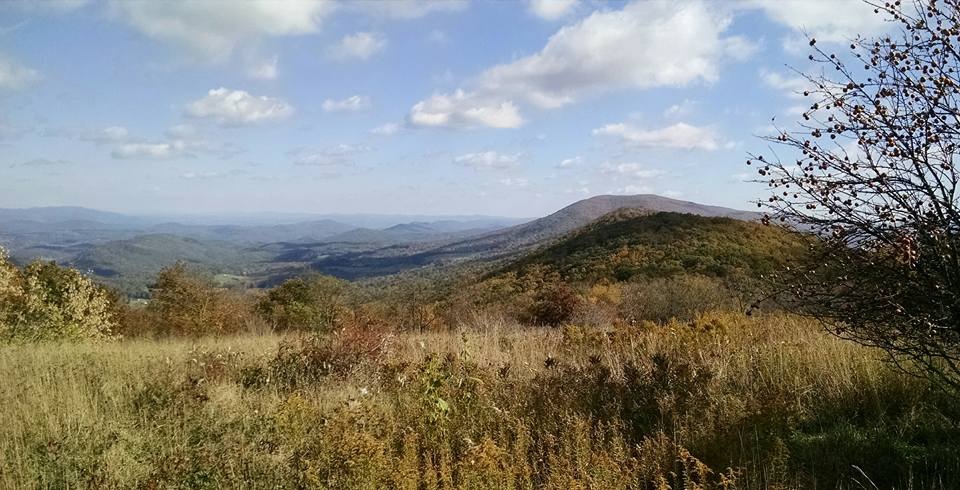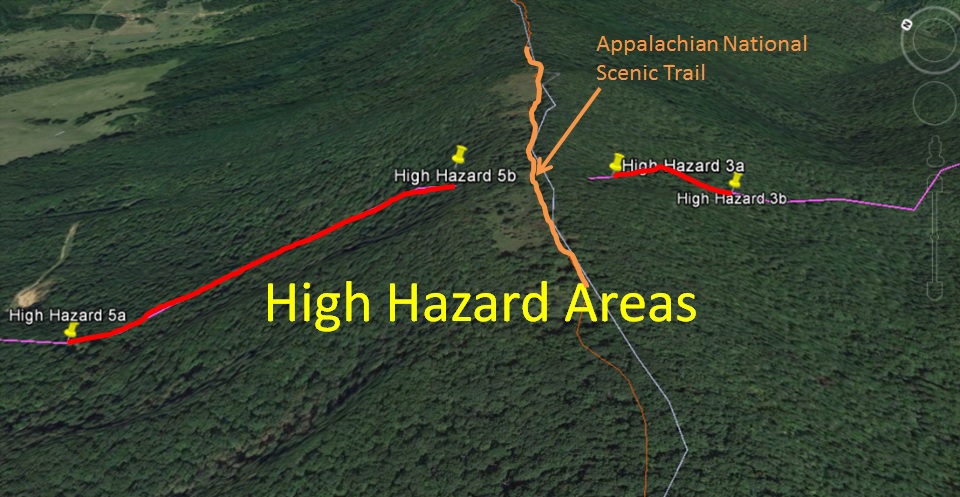Mountain Valley Pipeline has not completed the permitting process

There are many moving parts to this story. Here is what we can tell about the current status:
No trees have been cut to date in Virginia, though cutting has started in West Virginia. MVP would need to cease cutting by March 31 due to the presence of endangered bats in trees along the routes, and they will be unable to resume until October.
MVP still needs permits from the US Forest Service, historic preservation office in in Virginia, and the Virginia Department of Environmental Quality. Numerous court cases are pending, including one brought by landowners that is being in heard in Roanoke. EQT, the Pittsburgh fracking company that is the primary owner, operator and customer of the pipeline, is splitting into two companies at the behest of hedge fund managers who are keeping the company afloat; fracking loses money, while owning a federally-subsidized pipeline makes money.

Details:
The Federal Energy Regulatory Commission (FERC) is giving authority to go ahead for much of the route, and timber cutting has occurred in West Virginia but not Virginia. Even with FERC approvals, all conditions have not been met. FOR EXAMPLE:
MVP needs a timber permit from the US Forest Service for the 3.5 miles in Jefferson National Forest and a notice to proceed in the National Forest from FERC. We believe this will happen soon. The National Forest may be the first place in Virginia where trees are cut – very disappointing, since many counted on the FS to help protect the Appalachian Trail and water quality to downstream communities. Erosion and sedimentation from streams originating in these uplands will affect areas as far away as Smith Mountain Lake, according to a study completed for the Forest Service by MVP’s own consulting firm.
Read more »
